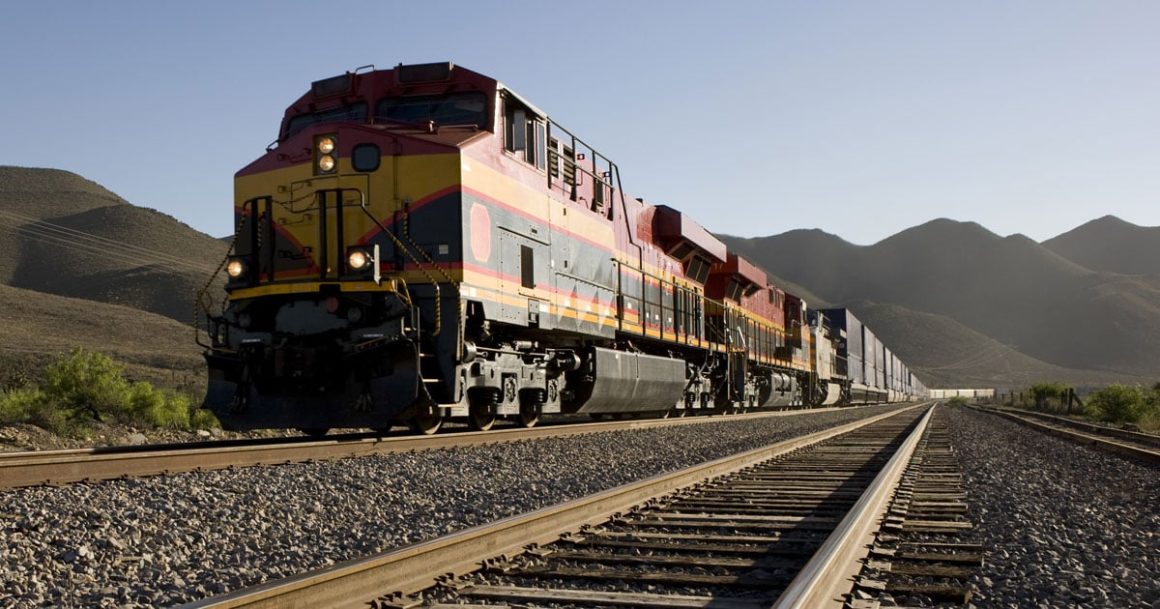According to sources familiar with the matter, Abu Dhabi wealth fund ADQ and Turkey are engaged in discussions regarding the construction of a railway over Istanbul’s Bosphorus strait. This railway is intended to form part of a planned trade corridor linking Europe to the Middle East and Asia. The proposed railway would traverse the Yavuz Sultan Selim suspension bridge, which is one of the longest and widest of its kind globally and was constructed for $3 billion under the leadership of Turkish President Recep Tayyip Erdogan to connect the European and Asian sides of the city. This initiative is one of several potential deals between Turkey and the United Arab Emirates, whose capital is Abu Dhabi. In July, the UAE pledged $51 billion to support Turkey’s struggling economy after years of animosity between Ankara and Arab Gulf states. The UAE government has expressed its hope that bilateral trade with Turkey will double to $40 billion by 2030, with “key sectors” for investment including energy, logistics, tourism, and agriculture. The Transport and Infrastructure Ministry of Turkey has declined to comment, while ADQ, which has approximately $160 billion of assets, has also declined to comment.
Given its strategic location between Europe and Asia and its control of access to the Black Sea, Turkey is striving to become a crucial component of a trade corridor that it hopes will eventually connect London and Beijing. The sources indicate that Turkey aims to link Gulf nations to its railway and highway network, with the railway potentially being followed by other infrastructure projects to support this ambition in the future. Erdogan has expedited efforts to persuade Gulf States to support a $17 billion trade route from Iraq’s port of Basra after the US and India agreed on a competing route with the backing of the UAE, Saudi Arabia, and Israel last month in response to China’s growing influence across the energy-rich region. Turkey, which was once part of the ancient Silk Road, is also advocating for the construction of a transport corridor to Azerbaijan across southern Armenia or Iran to advance plans for a new trade route to Asia.

